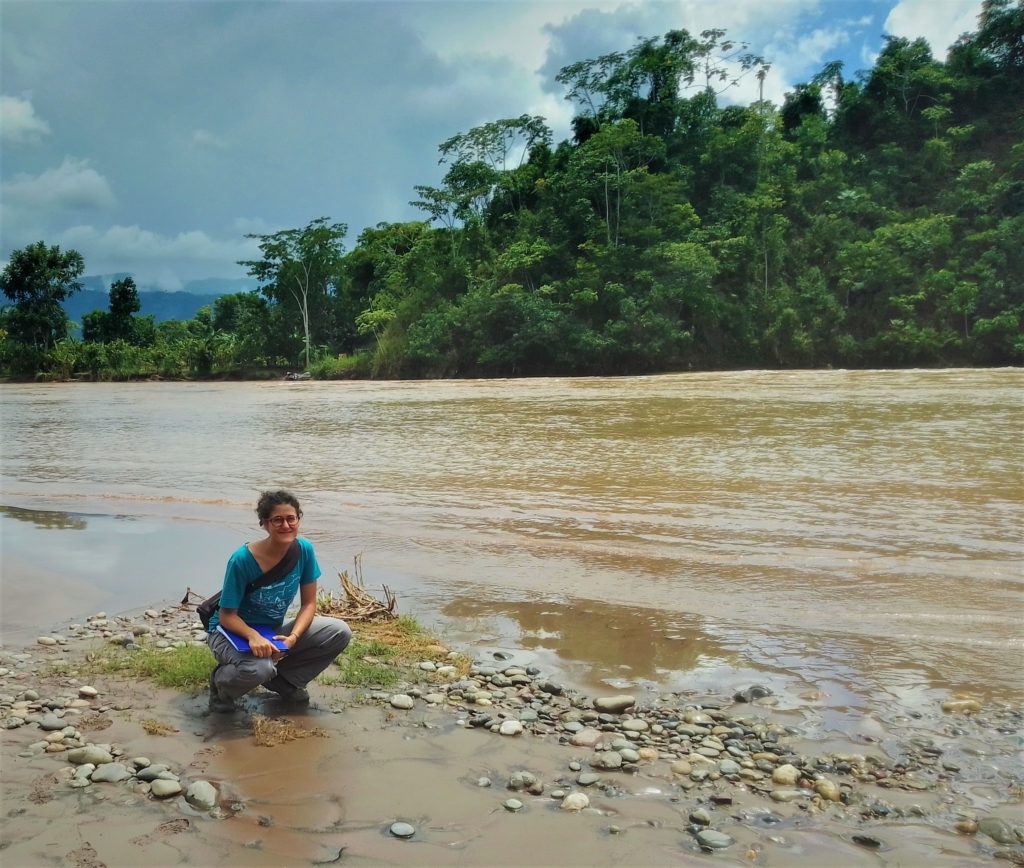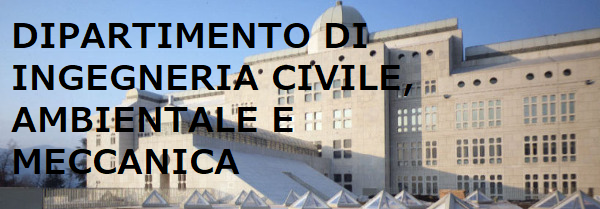In addition to teaching, the UNESCO Chair is also engaged in scientific research for the achievement of sustainable development goals. Since 2018, it has been a partner in the project “Sustainable Development and Fight against Climate Change in the Upper Huallaga Valley” promoted by Mandacarù ONLUS and funded by the Autonomous Province of Trento.
The valley of Upper Huallaga, stage of violence linked to drug trafficking and terrorism of Sendero Luminoso until 2000, has recently become the destination of several international cooperation projects aimed at the development of sustainable and biodiverse agriculture. Since 2014, Mandacarù ONLUS has facilitated the birth of a network of baby banana producers to offer them a viable alternative to the illegal coca trade.
In November 2018, Livia Serrao began a PhD project in environmental engineering in collaboration with the local University of Tingo Maria (UNAS) to study the two natural factors that most endanger the crops: climate change and the erosion of the floodplain by the Huallaga River. The research project aims to (i) analyse the environmental and atmospheric conditions capable of triggering extreme weather phenomena and propose adaptation strategies that can be used by the local population (weather early-warning system) and (ii) study the interactions between riverbed and floodplain in order to deduce river future trajectories and adaptation strategies already developed by the population (temporary cultivation of riverine islands).

Livia has recently written an informative report about the first two years of her experience that can be downloaded HERE. Doing research within an international cooperation project is not always easy, but if you are willing to take a look at the difficulties and satisfactions that this entails, we suggest you read it!



